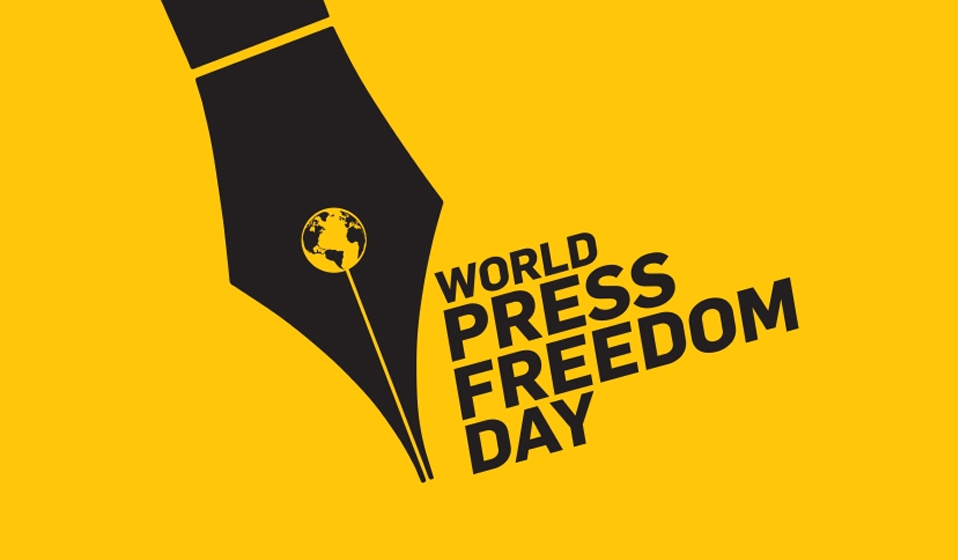New York, September 22, 2025 | As world leaders gather in New York for the United Nations General Assembly, a diplomatic earthquake is reshaping the global conversation on the Israeli-Palestinian conflict. In the past 24 hours, Britain, Canada, Australia, and Portugal formally recognized the State of Palestine—an unprecedented alignment of Western powers with the long-standing demand for Palestinian sovereignty. France is expected to follow suit, potentially becoming the first G7 country to do so, while Belgium, Malta, and Luxembourg prepare similar announcements at a high-level conference co-hosted by Paris and Riyadh.
These moves, coordinated with the UN’s renewed push for a two-state solution, mark a dramatic departure from decades of Western policy. For years, recognition was withheld pending direct negotiations with Israel. But Israel’s war in Gaza—now in its second year—has fractured that consensus. More than 65,000 Palestinians have been killed since October 2023, entire cities lie in ruins, and nearly all of Gaza’s 2.3 million people have been displaced.
“This isn’t just about maps and flags,” wrote Philippe Sands, a British-French scholar of international law, in The New York Times. “Recognition puts Israel and Palestine on equal footing under international law for the first time in generations.”
Israeli Prime Minister Benjamin Netanyahu has dismissed the wave of recognition as meaningless. “A Palestinian state will not be established,” he vowed, doubling down on settlement expansion in the occupied West Bank. That leaves a crucial question hanging over the UN: Is this diplomatic momentum a genuine path to peace—or a symbolic gesture that changes little on the ground?
Table of Contents:
A Century of Struggle
The Palestinian quest for statehood has roots in the early 20th century. The 1917 Balfour Declaration promised a “national home for the Jewish people” in Palestine, then under Ottoman control, sidelining the Arab majority.
The 1947 UN Partition Plan envisioned separate Jewish and Arab states, but the subsequent war of 1948 created Israel while displacing hundreds of thousands of Palestinians in what they call the Nakba—the catastrophe.
Israel’s capture of the West Bank, East Jerusalem, and Gaza in 1967 entrenched an occupation deemed illegal by the International Court of Justice in a 2024 advisory opinion. The Oslo Accords of the 1990s offered temporary hope, establishing the Palestinian Authority (PA), but collapsed amid mutual distrust and settlement expansion.
In 1988, the Palestine Liberation Organization declared statehood in exile, and by the end of that year, 78 countries—mostly in the Global South—had recognized it. Today, 151 UN member states, along with the Vatican, do so. Palestine has held observer status at the UN since 2012, upgraded in 2024 to allow committee participation without voting rights.
Growing Global Consensus
The pace of recognition has accelerated in the wake of Israel’s Gaza campaign. Norway, Ireland, Spain, and Slovenia broke Europe’s non-recognition stance in 2024. Barbados, Jamaica, and Armenia joined later that year.
Now, with the UK, Canada, Australia, and Portugal on board, momentum is spreading across Europe and beyond:
- Africa: 52 countries (including Algeria, South Africa, Namibia)
- Asia: 45 countries (including China, India, Saudi Arabia, Indonesia)
- Latin America & Caribbean: 28 countries (including Brazil, Argentina)
- Europe: 20 countries, with France expected imminently
- Oceania: 6 countries, including New Zealand and Australia
UN Secretary-General António Guterres welcomed the trend, warning that “the denial of statehood prolongs conflict. A one-state reality is inconceivable.”
Symbolism and Limits
For Palestinians, the wave of recognition carries enormous symbolic weight. “It paves the way for the State of Palestine to live side by side with Israel in peace,” President Mahmoud Abbas declared.
International law experts say recognition strengthens Palestine’s case at institutions like the International Criminal Court and affirms its right to self-determination. But practical obstacles remain. The PA governs only fragmented enclaves of the West Bank, while Hamas controls Gaza. Meanwhile, Israeli restrictions continue to choke humanitarian aid, with UN agencies reporting that some Palestinians have been killed while queuing for food.
Israel has condemned the recognitions as “rewards for terrorism.” Netanyahu’s UN envoy, Gilad Erdan, accused Western governments of emboldening Hamas. Domestic politics in Israel reflect deep skepticism: just 23% of Jewish Israelis support a two-state solution, compared with 82% of Arab Israelis.
In the United States, President Donald Trump has maintained a hard line, vetoing Palestine’s Security Council bid for full UN membership in 2024. Yet public opinion is shifting: a Reuters/Ipsos poll shows 60% of Americans now back universal recognition.
Reactions Across the Divide
In Ramallah, Palestinians celebrated Britain’s decision as a belated correction of “Balfour’s mistake.” On social media, others voiced anger over the continued detention of thousands of Palestinians in Israeli prisons.
Israeli voices were equally loud in opposition. “Rewards for Hamas,” one user posted, echoing Netanyahu’s view.
Leaders of the newly recognizing states have framed their decisions cautiously. UK Prime Minister Keir Starmer called it “a revival of hope,” conditional on ceasefires and hostage releases. Australian Prime Minister Anthony Albanese linked recognition to reforms within the Palestinian Authority, while Canada’s Mark Carney emphasized Gaza’s reconstruction.
A Fragile Horizon
Today’s UN conference is expected to endorse the “New York Declaration” on irreversible steps toward Palestinian statehood. Yet, as experts warn, declarations mean little without enforcement.
“Symbolism is a game-changer only if followed by action,” Sands cautioned.
For now, recognition has given Palestinians a measure of dignity on the global stage. But as Gaza remains under siege and negotiations remain stalled, the world waits to see if this diplomatic tide leads to genuine sovereignty—or sinks beneath the weight of continued conflict.





